Sustainability might be a buzzword right now, but with good reason. If we as a race don’t change how we’re going about our existence, our planet will die. Or at least humanity will.
That’s a pretty scary thought, and one that the powers that be don’t seem to take as seriously as they should.
In the watch industry, apart from a few exceptions, sustainability has been something of a non-subject until now, chiefly because watchmaking as an industry is relatively low impact in comparison to others, its products are virtually eternal and unlikely to be thrown away, and – perhaps most importantly – its practices haven’t been challenged and criticized enough by others, especially the press.
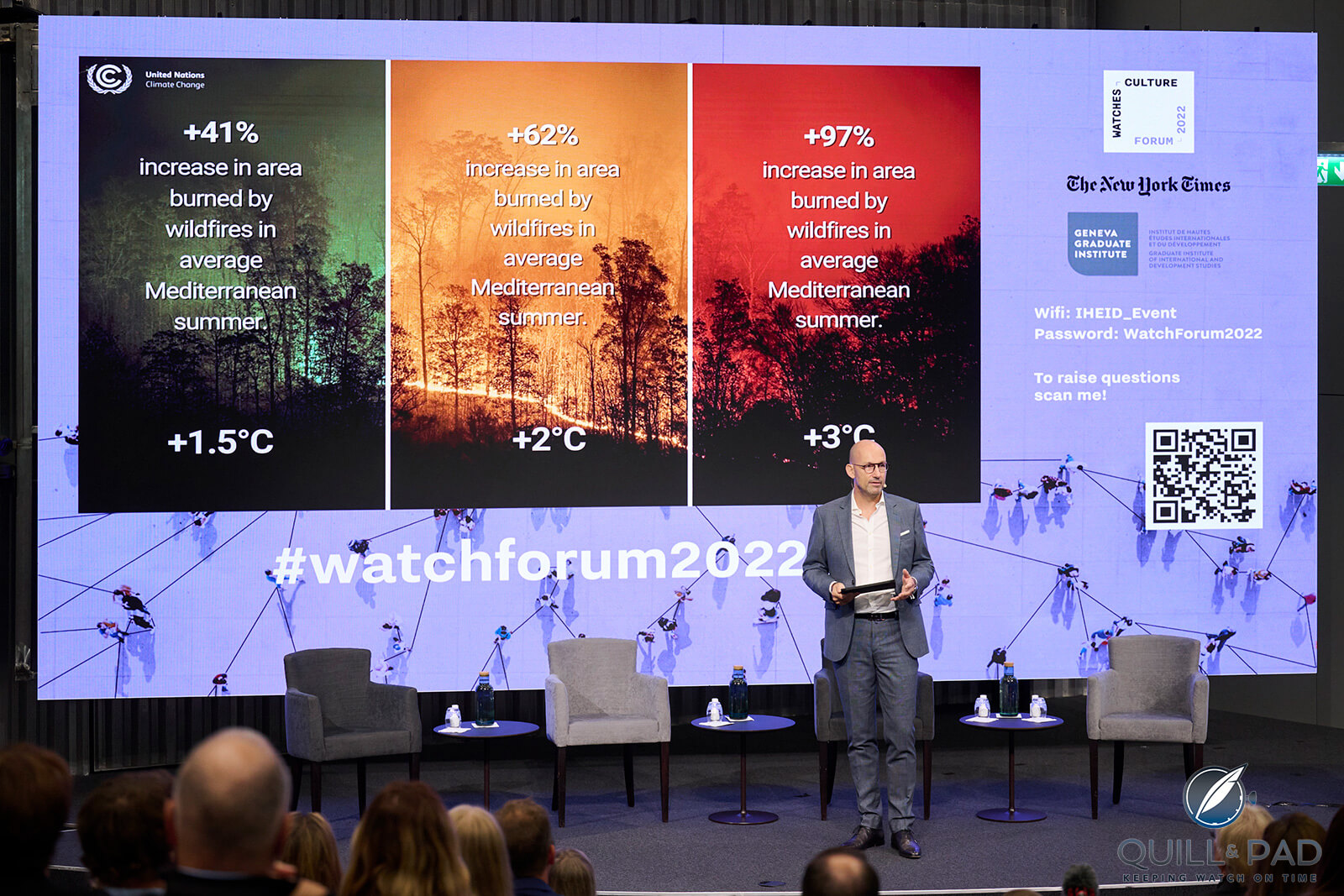
Pascal Ravessoud, co-director of Watches and Culture, opened the Watch Forum 2022 with some terrifying stats
However, the luxury watch industry does have a lot of pull among the top one percent – the people who are in positions to make real change. And for that reason, if no other, the watch industry needs to be an excellent role model. “Luxury has the ability to facilitate change,” said Pascal Ravessoud, co-director of Watches and Culture, in his opening remarks. “Transparency is becoming the norm whether we like it or not.”
These are the nutshell messages of the excellent Watch Forum 2022 held by Watches and Culture, the cultural arm of the Fondation de la Haute Horlogerie (FHH), on September 12-13, 2022, at Maison de la Paix in Geneva – very appropriately the “house of peace.”
“Bigger Than Us”: what needs to be done
The guests of the B-to-B Forum included watch brand and luxury group representatives. The event kicked off on the evening of September 12 with a private screening of documentary film Bigger Than Us by Flore Vasseur. See an exclusive interview with Vasseur at Watches And Culture Watch Forum 2022 On Sustainability Kicks Off With Screening Of ‘Bigger Than Us’ By Flore Vasseur.
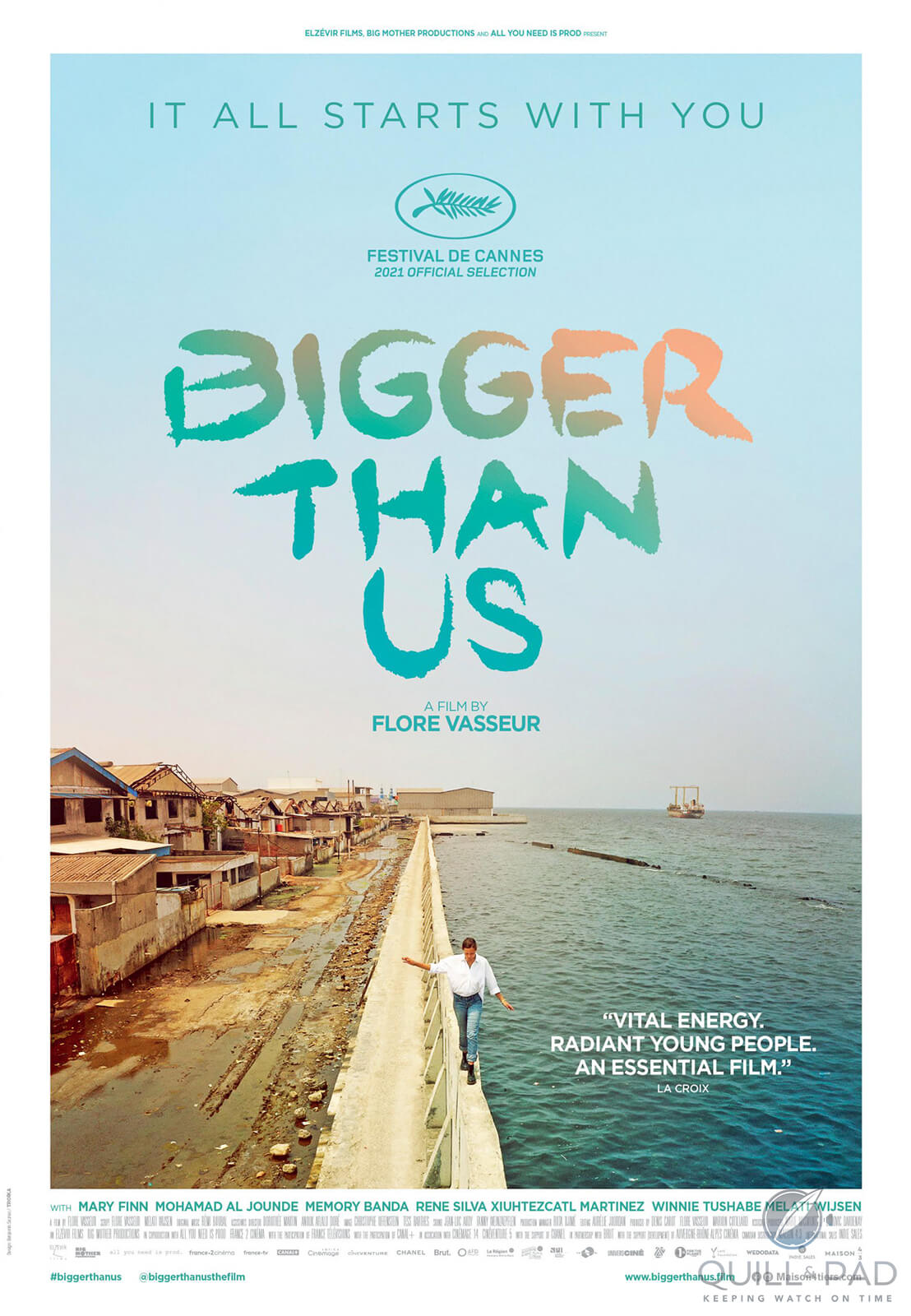
‘Bigger Than Us’ documentary poster
Bigger Than Us, whose “stars” comprised seven young activists making change in various parts of the world, was meant to get the ball rolling by making us think about what’s happening in the parts of our world that we don’t see on a regular basis. Their subjects include environmental justice, food security, women’s rights, youth empowerment, education, freedom of speech, and refugees. It was moving, emotional, and downright shocking in parts to say the very least.
The room was filled with Richemont and other CEOs and group leaders, many of whom I saw get deeply involved in the movie as it progressed. I would have loved to get their impressions after the screening; alas everyone hurried off to their respective dinners. I was entirely moved by the film.
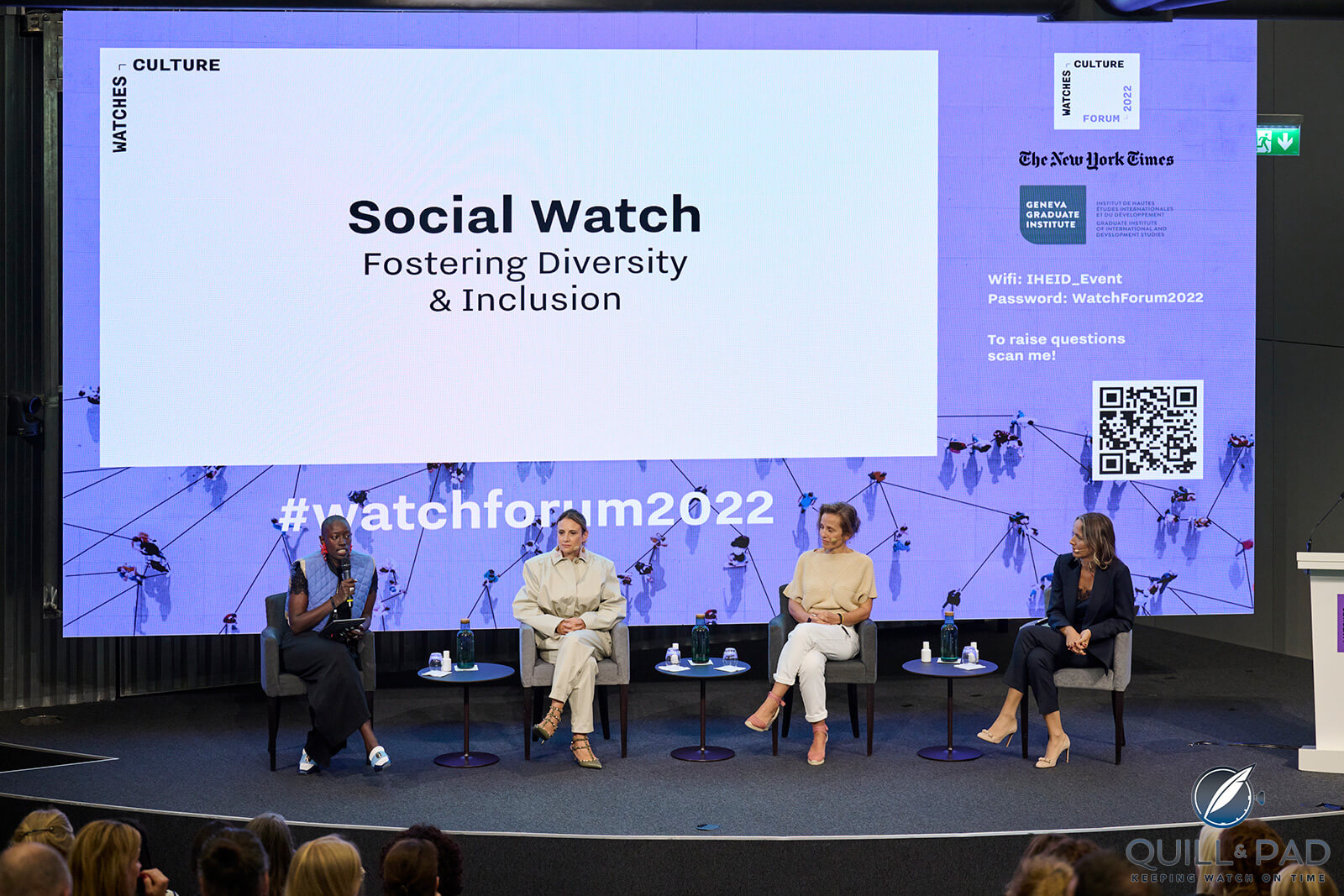
Watch Forum 2022 ‘Social Watch Fostering Diversity & Inclusion’ panel: (l to r) Fatou NDiaye, UN expert and serial impact entrepreneur; Chiara Condi from The Other Half; ‘Bigger Than Us’ director Flore Vasseur; and Cathérine Renier, CEO of Jaeger-LeCoultre
The next day there were unfortunately noticeably fewer Richemont CEOs present at the Forum, many having sent members of their press and/or marketing departments in their steads, which is a real shame because the delivery of the succinct but dense information coming from organizations such as UNESCO, the UN, WWF, SBTi, IUCN, Swiss Better Gold Association, Precious Metals Impact Forum, OECD, Alliance for Responsible Mining, Tenaka, WBCSD, and others was more than vital – and terrifying.
But the Watch Forum 2022 hopeful despite much of the horrifying information. If we change things now, we have a chance at survival was the final message.
Watch & Jewellery Initiative 2030
One of the possibly most exciting panels at the Forum was the introduction of the new Watch & Jewellery Initiative 2030, a collaborative association founded by Cartier (as delegated by Richemont) and Kering, driven by a common conviction that industry-wide sustainable development goals can only be achieved through collaborative initiatives.
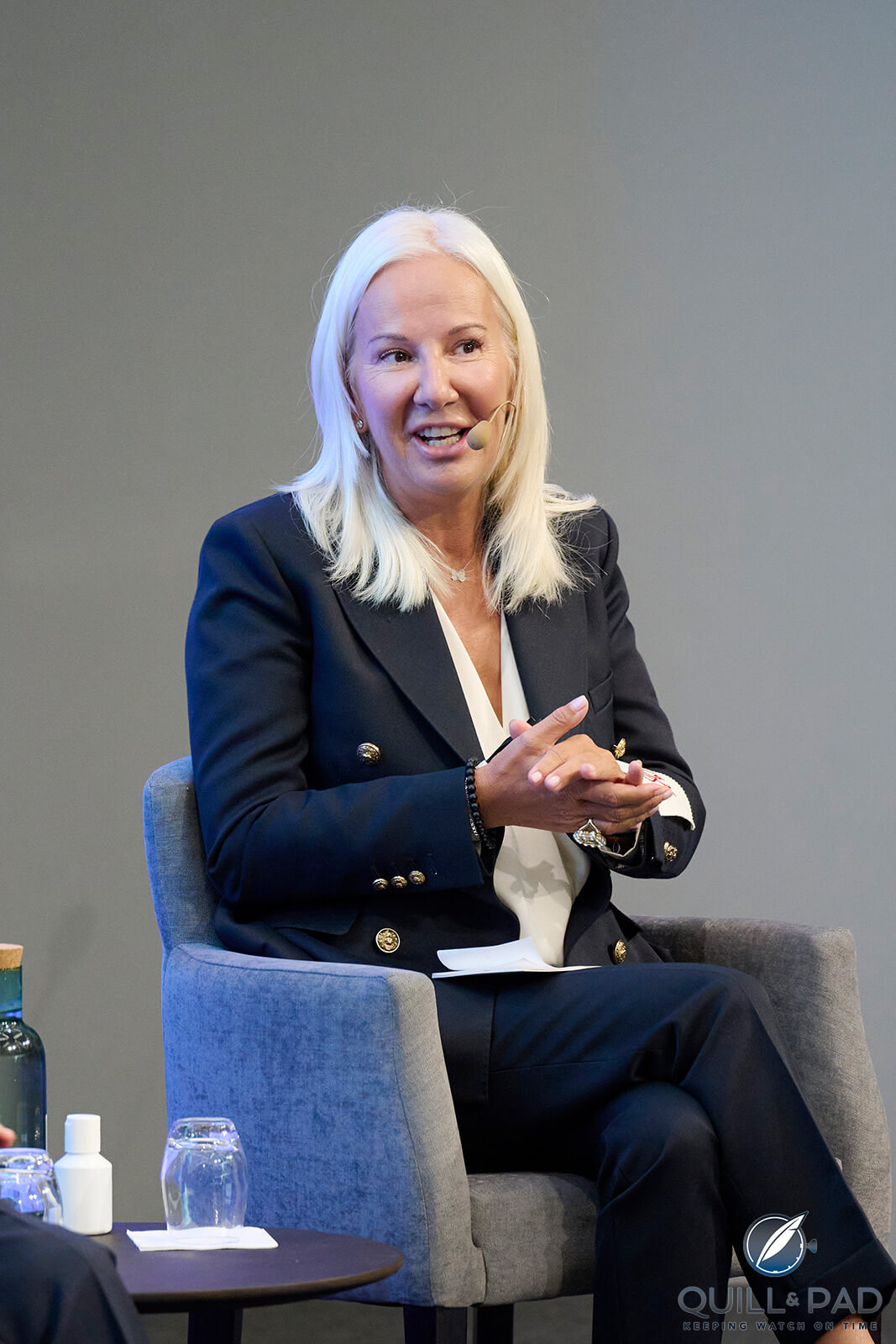
Iris Van der Veken, executive director of the Watch & Jewellery Initiative 2030
The Watch & Jewellery Initiative 2030 was quietly introduced during Watches and Wonders 2022, but the Forum hailed its true arrival. Cyrille Vigneron, president and CEO of Cartier International, Marie-Claire Daveu, chief sustainability and institutional affairs officer at Kering, and newly appointed executive director and secretary general Iris Van der Veken were on hand to discuss the important goals of the new – and necessary! – initiative.
The Watch & Jewellery Initiative 2030 is guided by the Ten Principles of the United Nations Global Compact and the 17 Sustainable Development Goals (SDGs).
Included is the hope that the WJI can help the mining industry move toward transparency. “There is more to gain by being transparent than not,” said Vigneron, who urged the audience to be committed, show results, and be accountable.
Mining, as I learned in a panel called “Social Watch, Fostering Equality and Transparency within the Supply Chain” later in the day, is a key industry in the supply chains of both watches and jewelry: metals and natural gemstones are all extracted from the earth in a process that more often than not has negative impacts on the environment and the local populations.
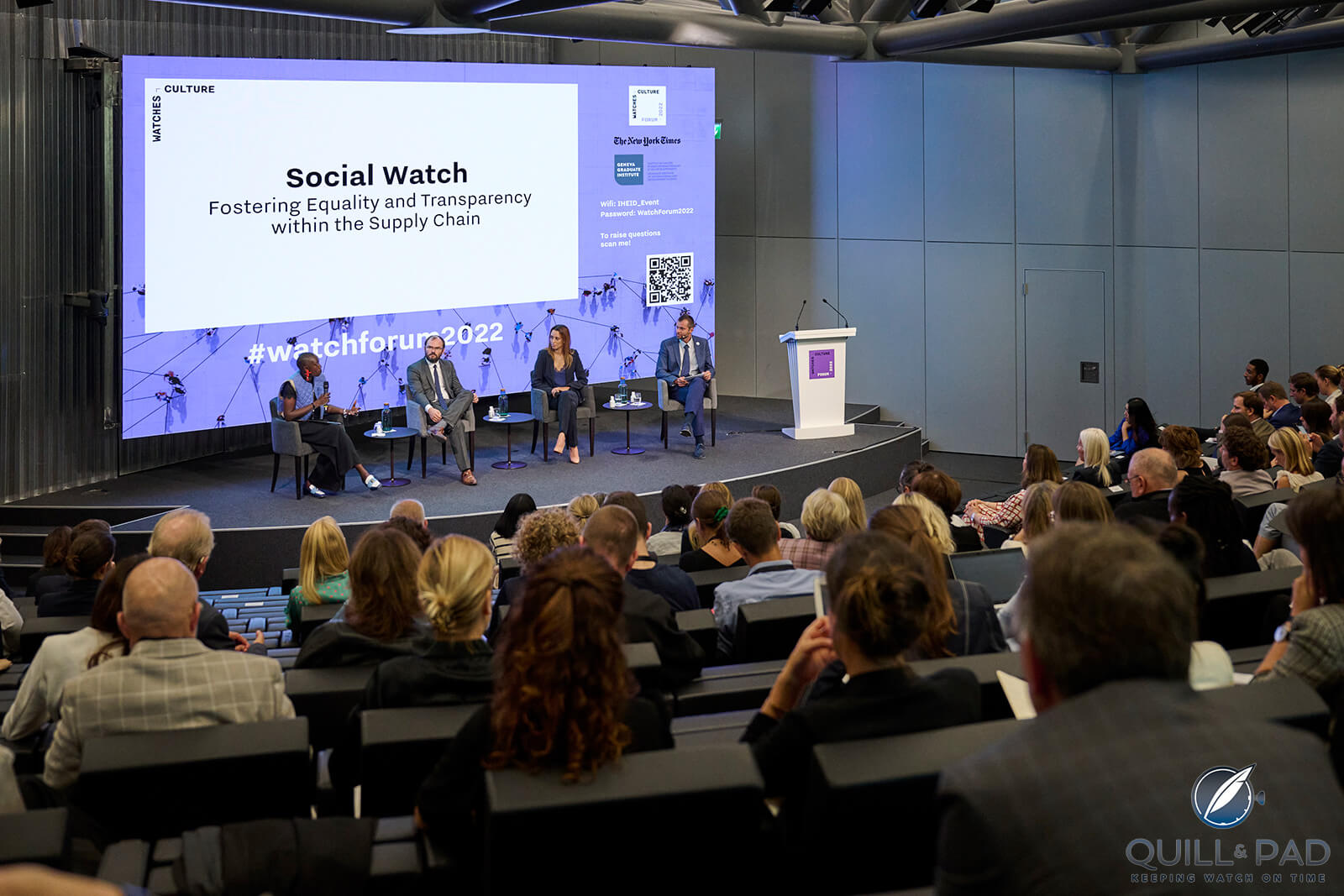
‘Social Watch Fostering Equality and Transparency within the Supply Chain’ panel (l to r): Fatou NDiaye, UN expert and serial impact entrepreneur; Louis Marechal, OECD; Sabrina Karib, founder Precious Metals Impact Forum; and Marcin Piersiak, executive director Alliance for Responsible Mining
According to Louis Marechal, senior advisor for minerals and extractives at the OECD (Organization for Economic Cooperation and Development), who spoke in this panel, 50 million people are involved in the mining industry worldwide; 20 million alone in the mining of gold, which results in the extraction of some 500 tons of gold per year. This is a lot of employment and a lot of value, and not all of it is healthy or safe. ASM (artisanal mining), essentially comprising freelancers independently working for mining companies, makes up 80 percent of the workforce mining gold – but only accounts for 20 percent of the global gold supply.
Daveu explained that to be sustainable one must be able to measure one’s footprint, including the entire supply chain. Kering, one of the pioneering fashion/luxury groups in sustainability, therefore open sources its supply chain. Daveu also said that the top management must be totally involved.
The initiative’s ambitious goal is to make a transformative difference, and my hope is that it doesn’t turn into another sluggish body bogged down by bureaucracy. During the breaks, I was told by people from the jewelry industry that Van der Veken is very effective with a strong track record in the jewelry and fashion industries, so fingers crossed.
It’s time: watch brand solutions already in progress
While most of the watch industry is sorely behind in integrating sustainability into their businesses, some companies have already been pushing the envelope for a few years – and explained what they’re doing in various panels.
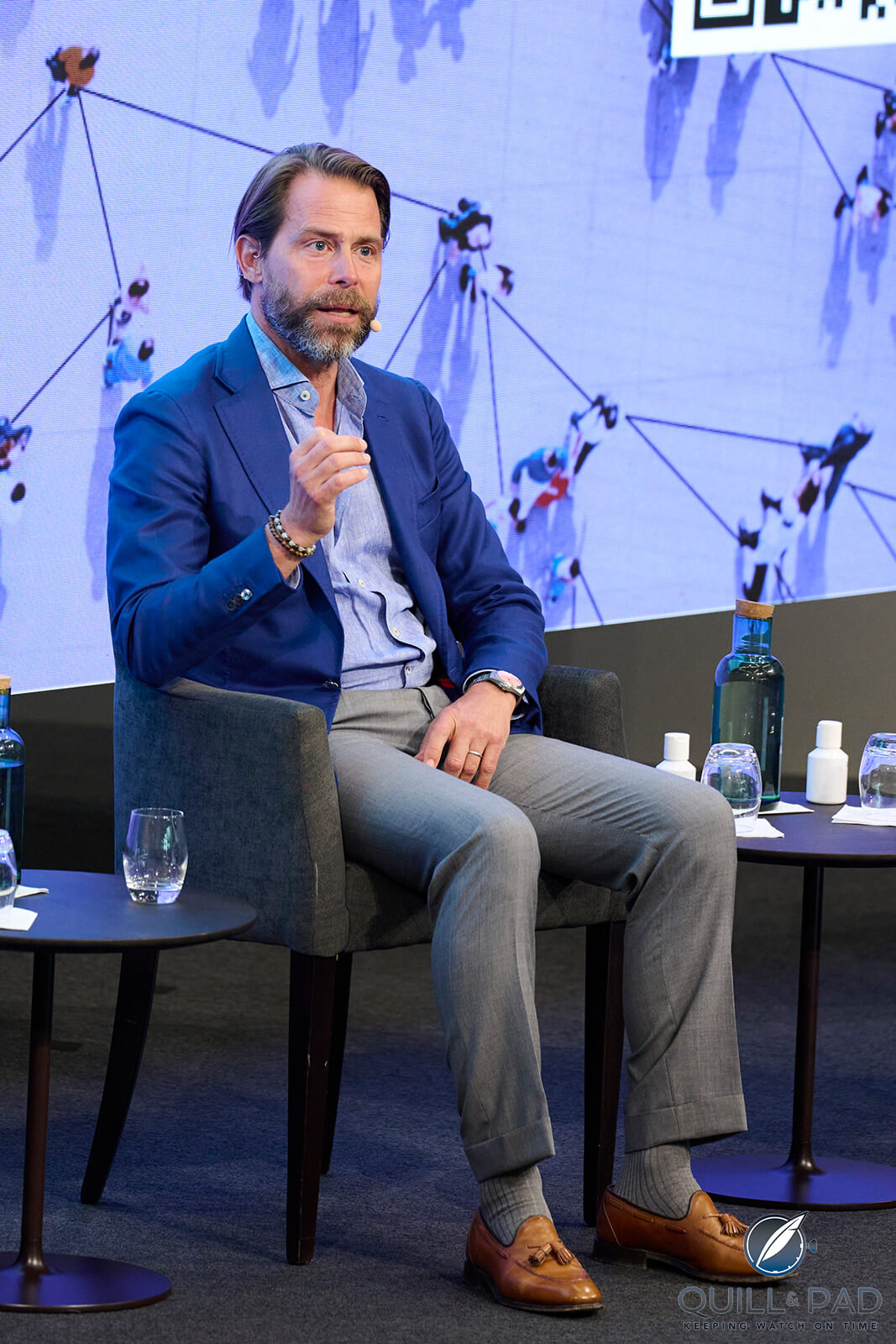
Oris co-CEO Rolf Studer speaking during the ‘Crafting the Sustainability Journey’ panel
Oris has been deep into sustainability for almost four years now, culminating in the release of its sustainability report in April 2022. Oris Co-CEO Rolf Studer explained in the “Crafting the Sustainability Journey” panel that it’s not about perfection, but about being willing to start the journey and setting goals. “In fact, how we tackled it was to take the three biggest emitting countries, which is Switzerland, US, and China, and the five biggest sources of emissions, then we defined targets for all three countries for all five sources. And then you have a manageable thing that you can work with,” Studer told me in a private interview two weeks ahead of the Forum.
“First of all, we did it to know facts and figures. That is already an important step. And then we publicized that, so that it’s out there. And then we said our goal is reduce emissions 10 percent every year over the next three years. We’re not only offsetting, we’re also really trying to limit our footprint, which is very difficult when you’re a growing company,” Studer continued. “I know that maybe we are not getting there, and it’s okay if we’re not, but if we do not have very ambitious targets then we may do things that also hurt. So that’s the approach.”
Panerai CEO Jean-Marc Pontroué spoke on the “Circular Time” panel; his brand has been heavy into recycled materials among other new sustainable practices he collectively named Panerai Ecologico, with the brand’s eLAB-ID being 98.6 percent made of them. Even more importantly, Pontroué has chosen to work in an open-source manner for these materials, which is highly unusual for the watch world, an industry normally shrouded in secrecy. “If it can impact my brothers and sisters in Richemont, I am super happy, because I know alone I will never save the world,” Pontroué said in a phone call. “So the more we can be followed, the more we can inspire and be inspired by others. Because I strongly believe in this sense of community. We have to learn from each other.”
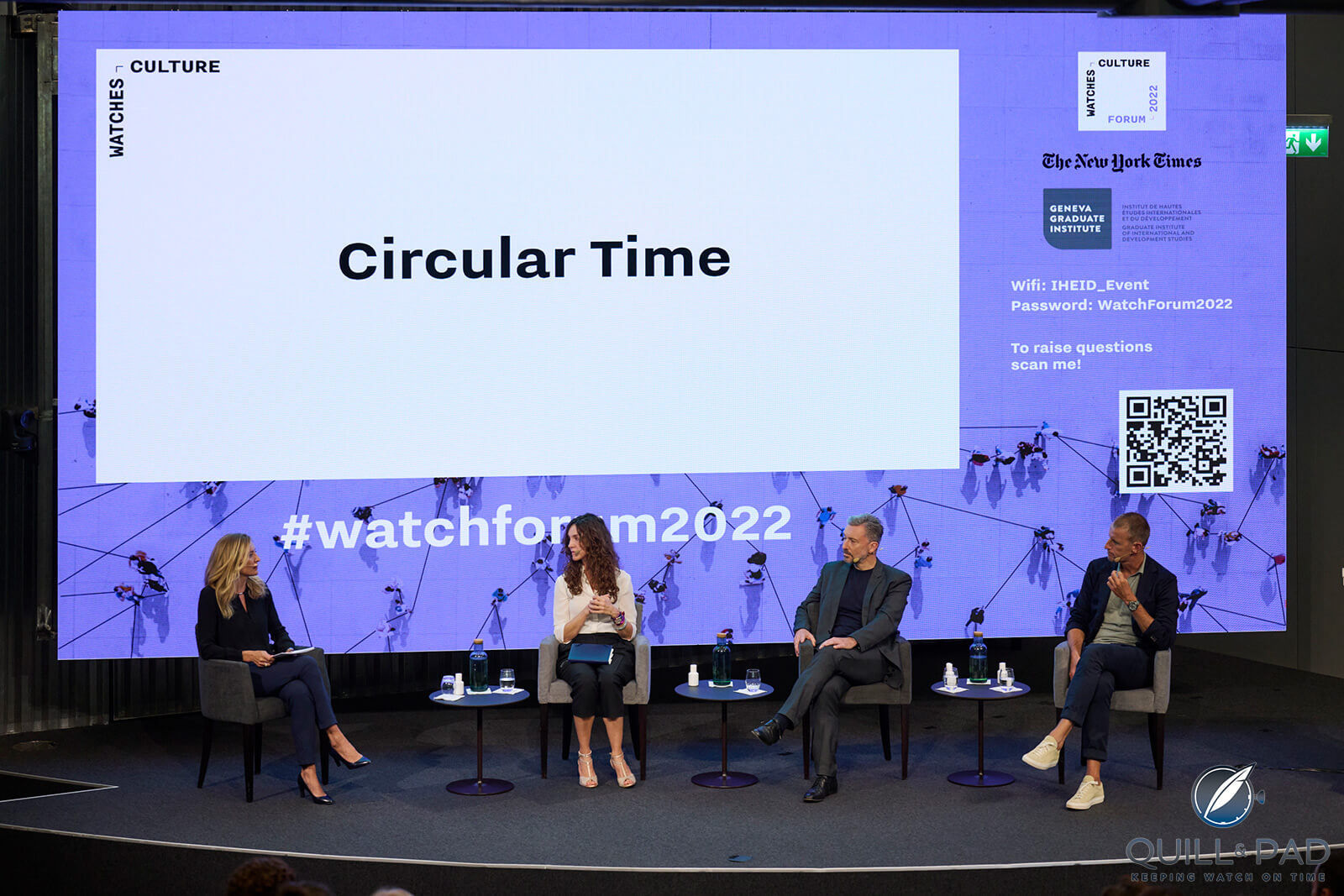
Watch Forum 2022 ‘Circular Time’ panel (l to r): Céline Dassonville, founder Ethiwork; Irene Martinetti, WBCSD; Jean-Marc Pontroué, CEO Panerai; and Patrick Pruniaux, CEO Ulysse Nardin
“I think the ultimate goal is that we are all on board together to fight against this problem,” Pontroué continued. “The more I am copied, the better it is. I try at Panerai to make an open ecosystem, and I’ve been welcoming competitors to whom I’m so happy to give our information.”
Kering, a luxury group that owns both fashion and watchmaking brands, is ahead of the watch industry curve when it comes to sustainability, having begun its formal program in 2017 and developing a good tool for measuring and quantifying the environmental impact of its houses’ activities called EP&L (Environment Profit & Loss). Kering also makes this tool entirely available to peers and even other industries “to encourage a general movement toward greater sustainability.”
Ulysse Nardin, which was part of Kering from 2014 through 2022, has had the advantage of getting to thoroughly understand the EP&L tool as UN CEO and chairman Patrick Pruniaux explained in the “Circular Time” panel. Using this tool, Ulysse Nardin was able to decrease its emissions by 36 percent in six years.
Finally, in “Sustainability Transformation,” we heard from Dr. Bérangère Ruchat, who has been luxury group Richemont’s chief sustainability officer since February 2022. Ruchat is an exciting addition to Richemont, and her credentials speak for themselves: she was acknowledged by the World Business Council for Sustainable Development Leading Women Awards for her work in advancing the United Nations Sustainable Development Goals (UN SDGs) in 2016 and she also received the Head of Sustainability of the Year award by Ethical Corporation in 2015 among other things.
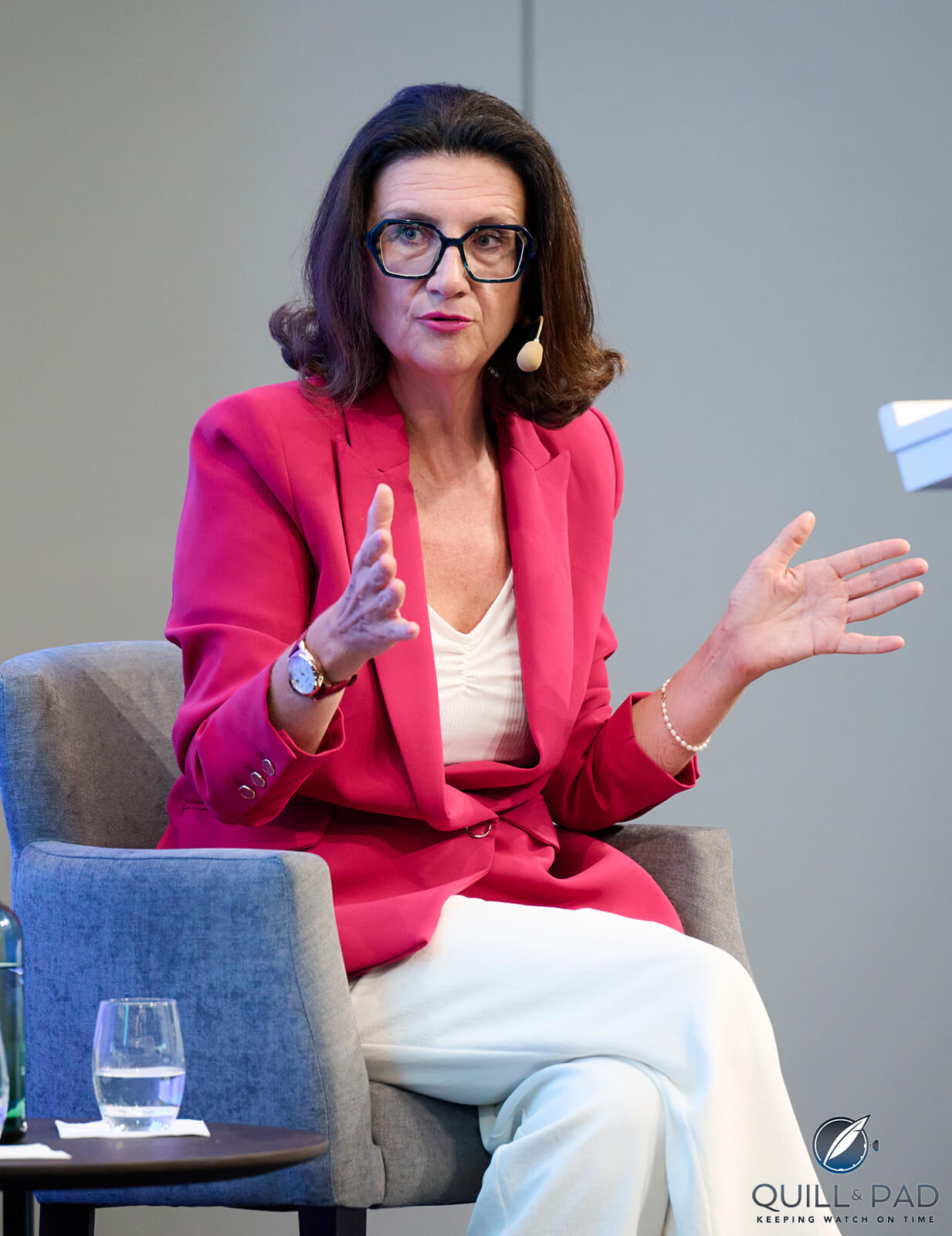
Dr. Bérangère Ruchat, chief sustainability officer Richemont, speaks at Watch Forum 2022
I had been looking forward to hearing her speak all day, and I was not disappointed. Her time on the panel was spent mostly with a call to action for the watch industry, explaining that any business strategy should now include sustainability simply because it’s just good business. That companies need to use it as a filter for all they do. “Sustainability is not an add-on,” she said. “It’s not just a moral imperative, but a business imperative.”
Closing remarks were elegantly made by Helena Drobna, UNESCO regional officer for Europe, on watchmaking as an intangible cultural heritage.
My takeaways from Watch Forum 2022
- This topic is scary and emotional, and we all need to embrace its existence to make change.
- Working together is the best way, but each one of us can change at least one thing about our lives and businesses. Every little bit counts.
- The damage can be reversed, but we have to act now.
- We don’t have to be perfect, but we have to set goals and do our best to get there.
- The biggest source of emissions in the watch industry is travel! Brands and related industries really, really need to rethink how they do things.
- “2030” is humanity’s survival plan, and we had better get on it.
- Brands became entirely capable of adapting to what COVID threw at them. I have no doubt that if they wanted to, they could be equally as flexible in caring for our environment (and thus our species’ survival).
As Ravessoud told me at the end of the Watch Forum 2022 day, “This is not the end of the Watch Forum 2022, but the start of a movement.” I certainly hope he’s right! I know that I went home after these two exhilarating and exhausting days and started to make changes.
For more information, please visit www.watchesandculture.org/forum/en/the-watch-forum-2022.
You may also enjoy:
Time Design Exhibition: Hands And Eyes On The Beauty Of Watchmaking
The Panerai Lab-ID Luminor 1950 Carbotech 3 Days With 50-Year Guarantee!
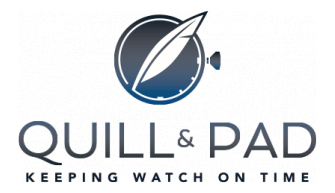







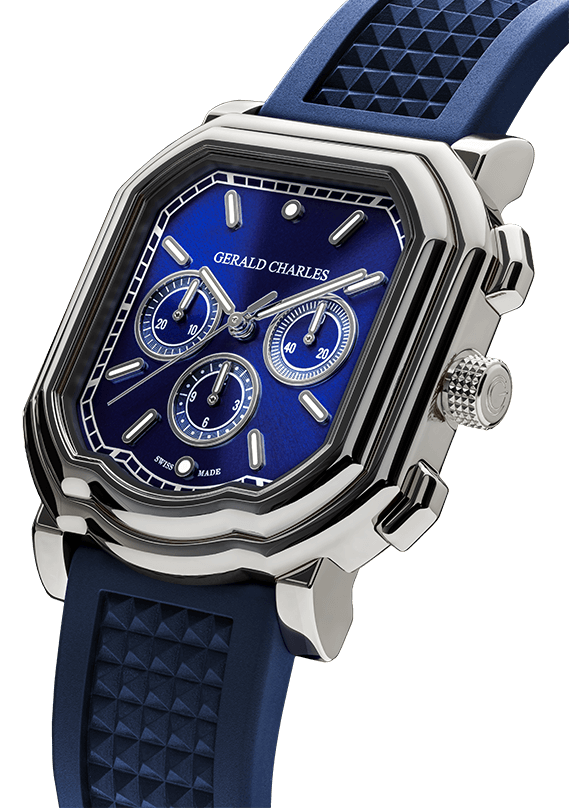

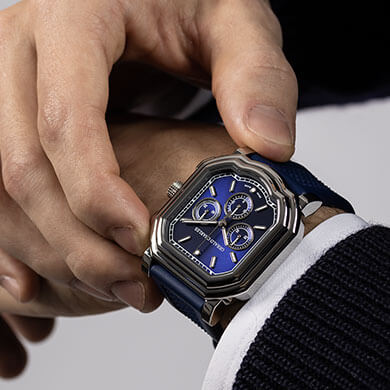
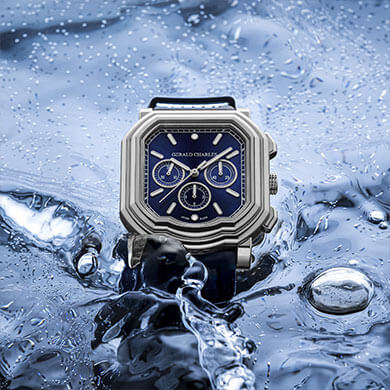

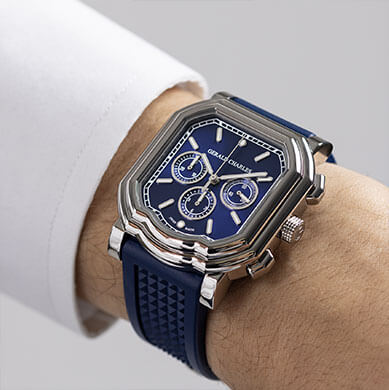



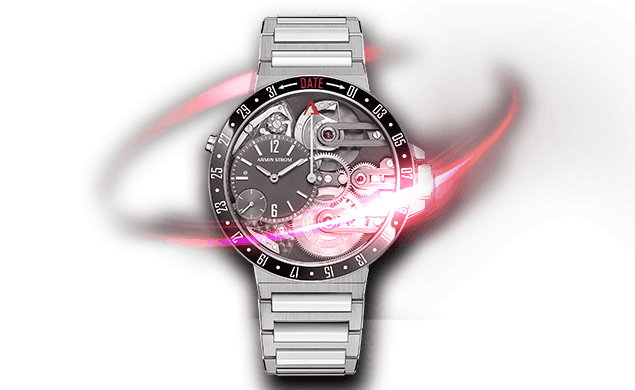
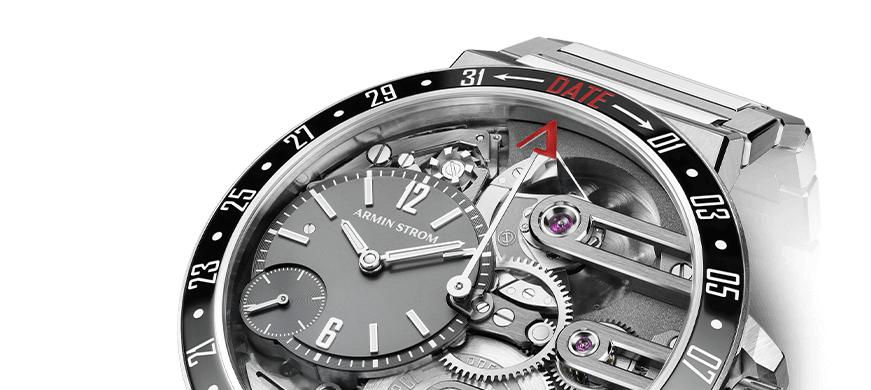
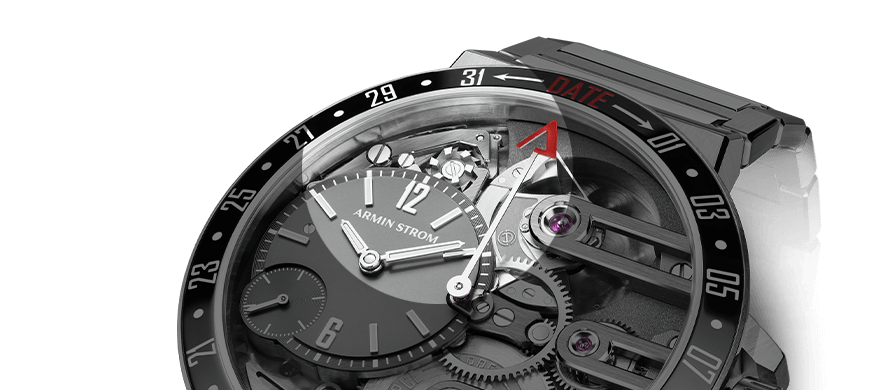


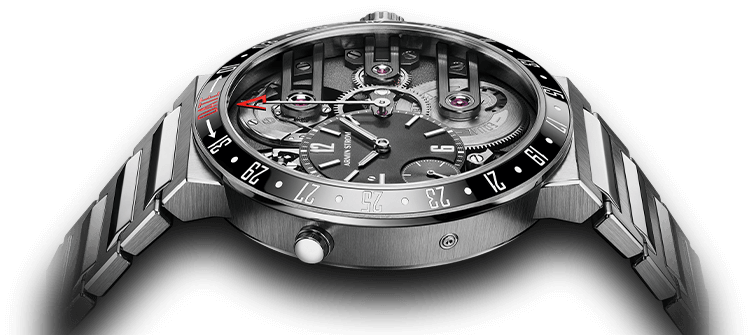
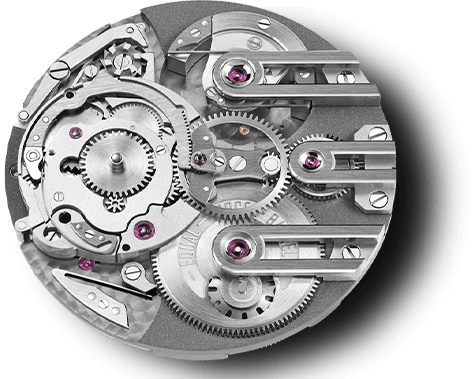

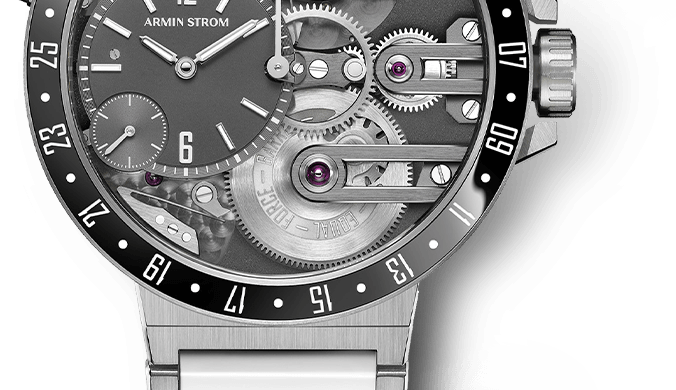
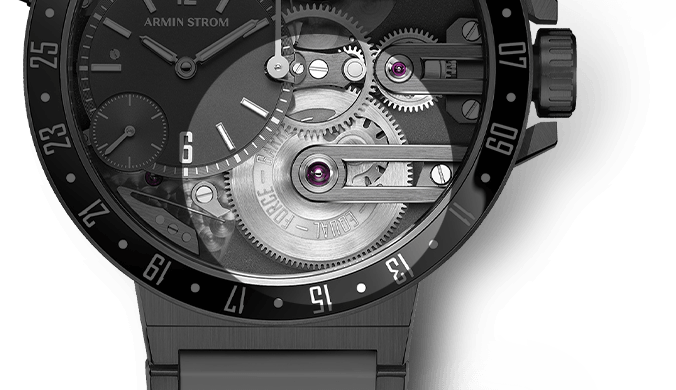






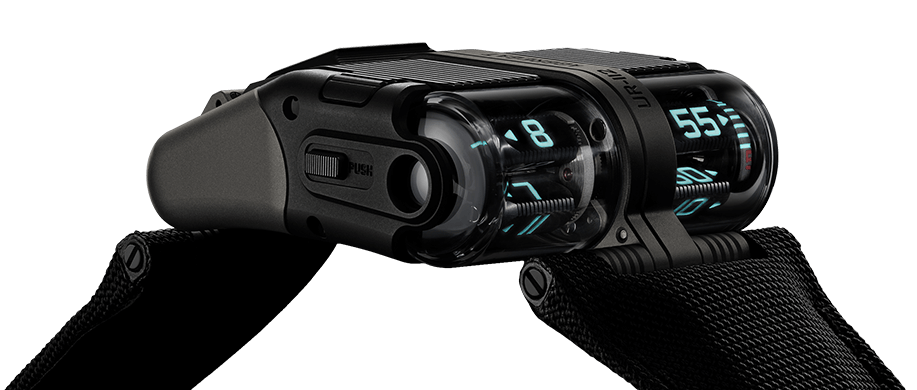

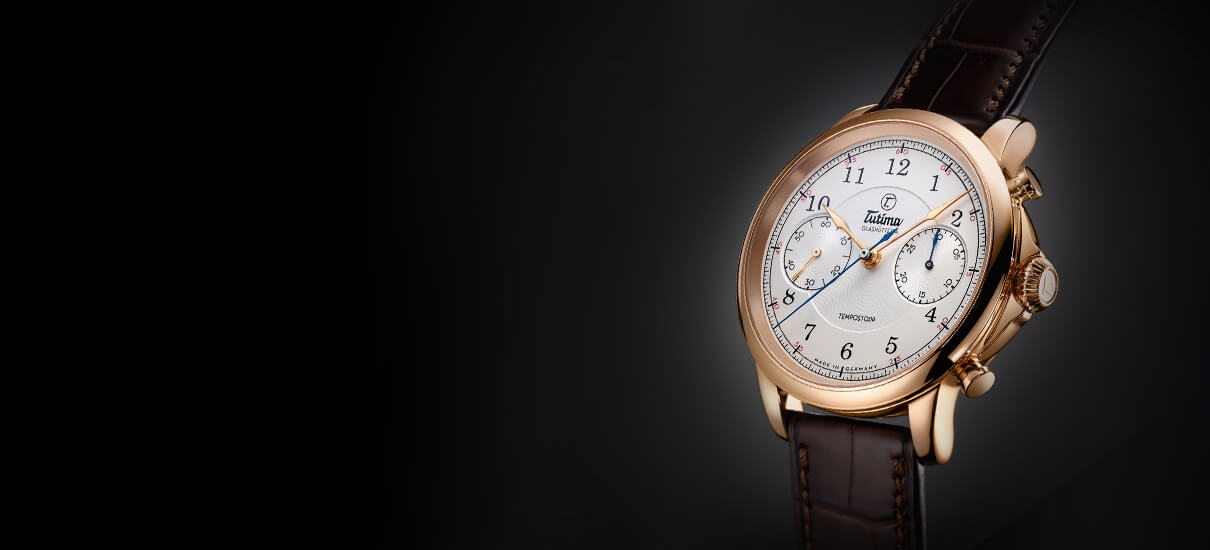

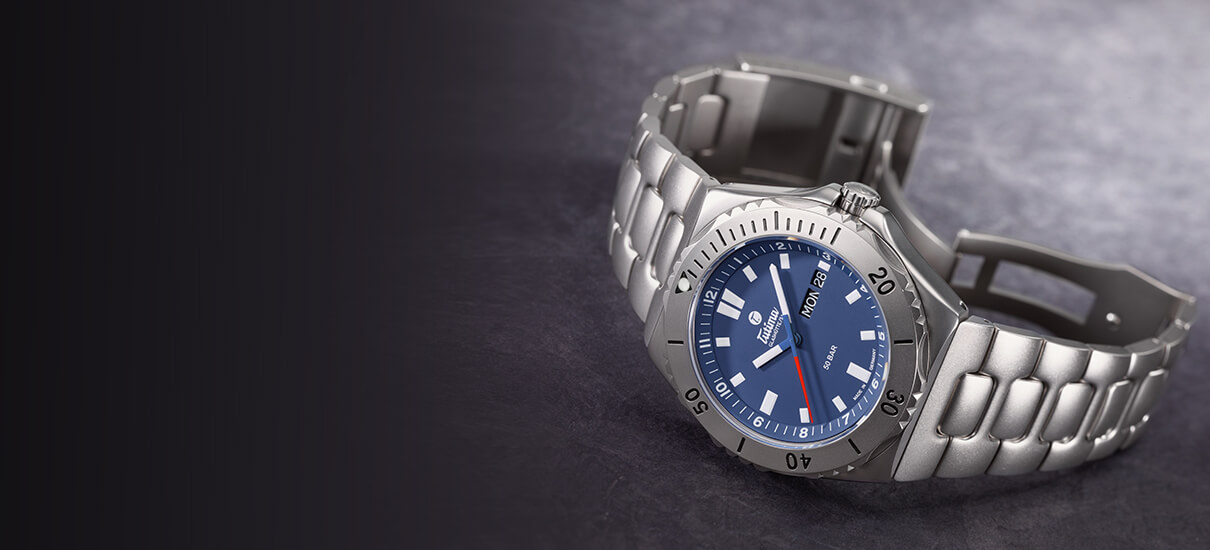

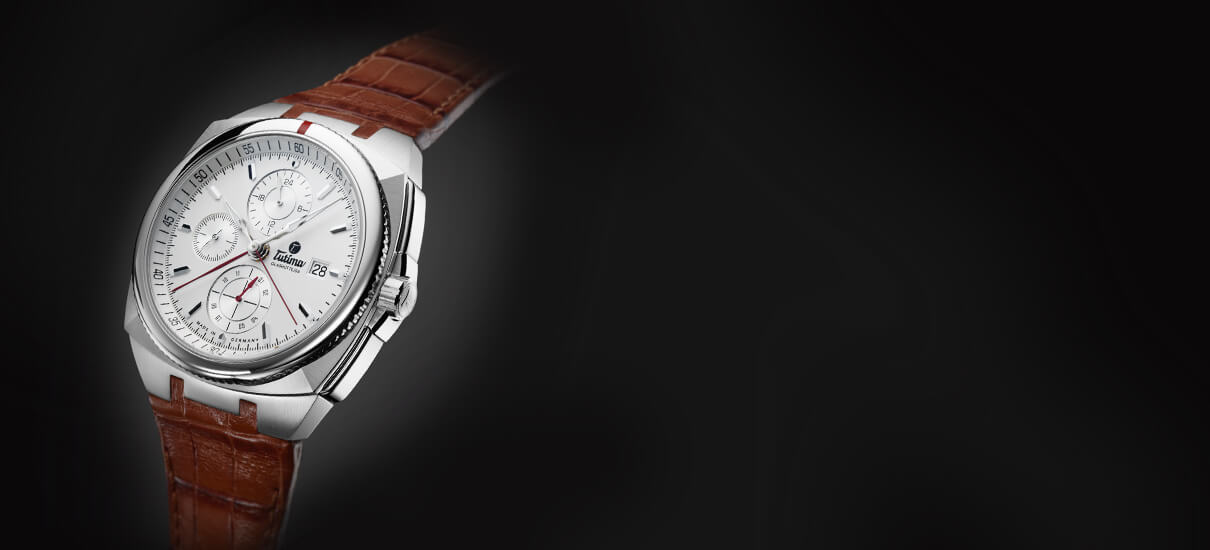

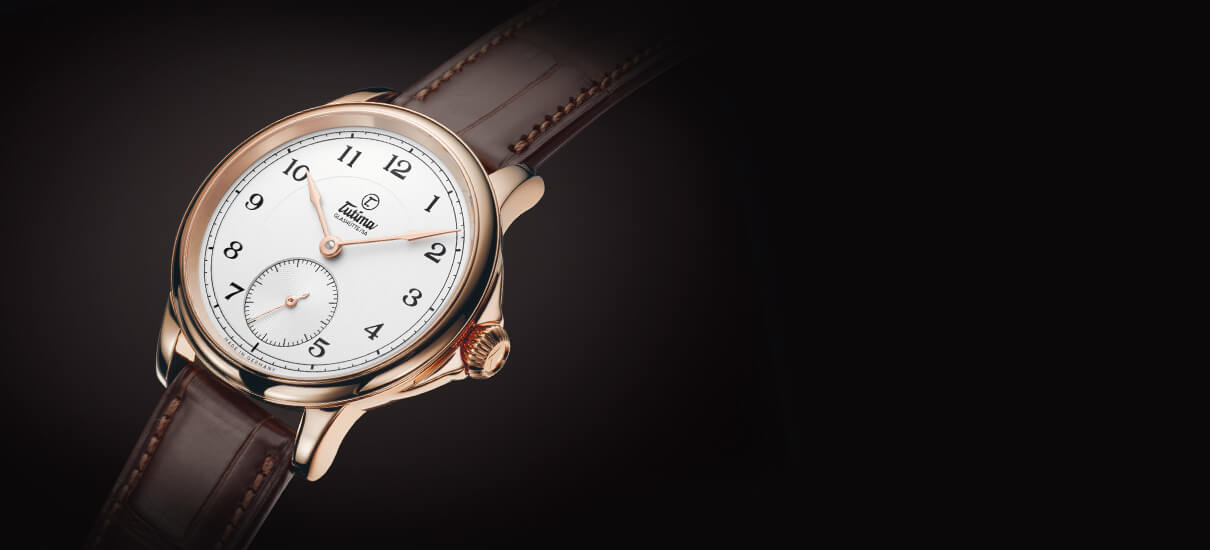

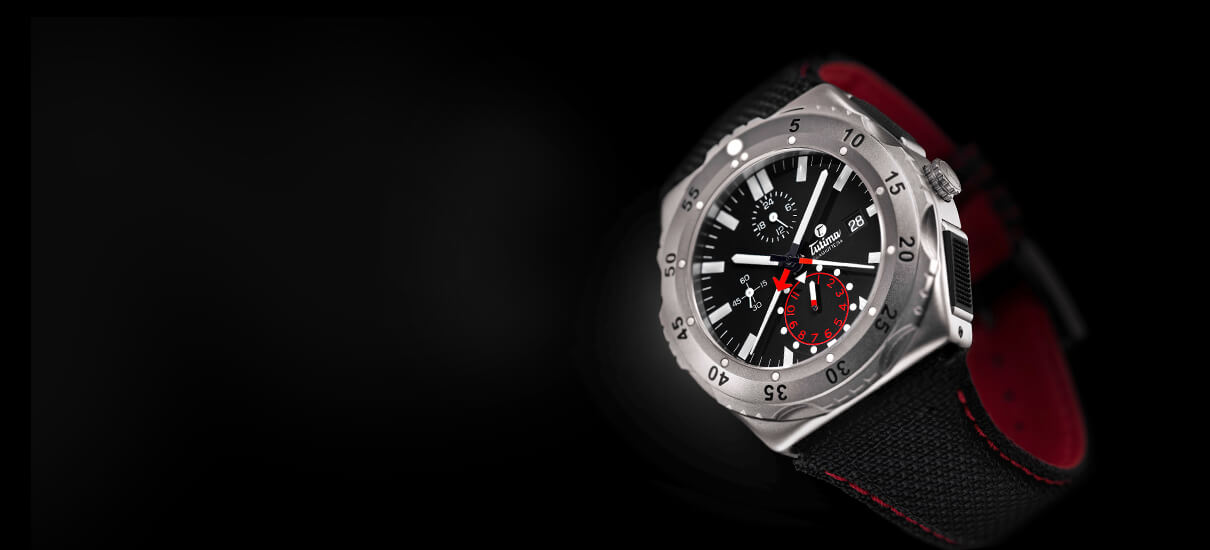

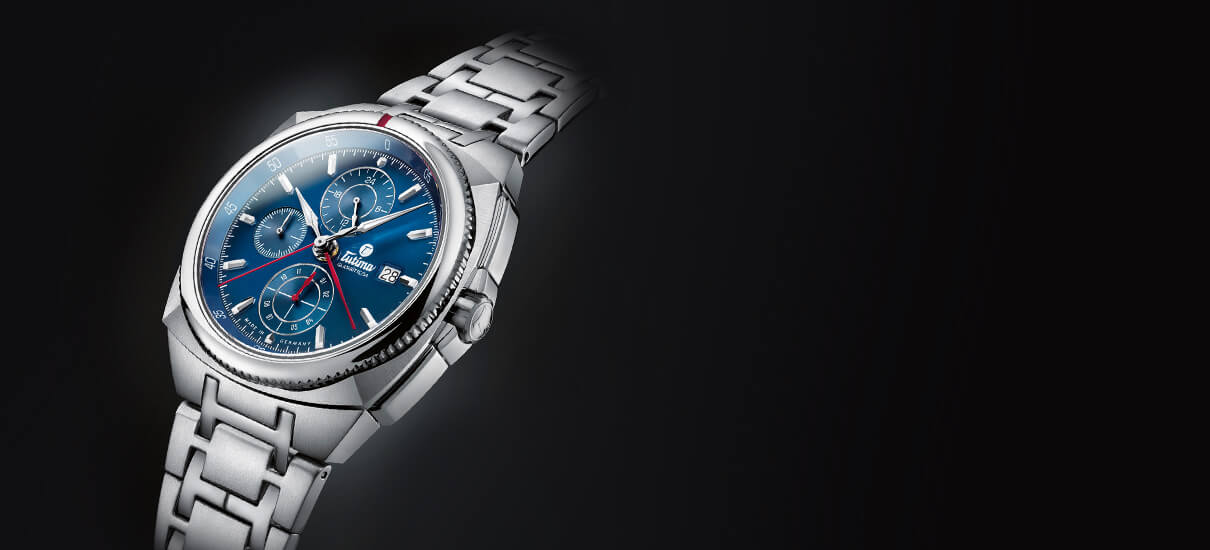

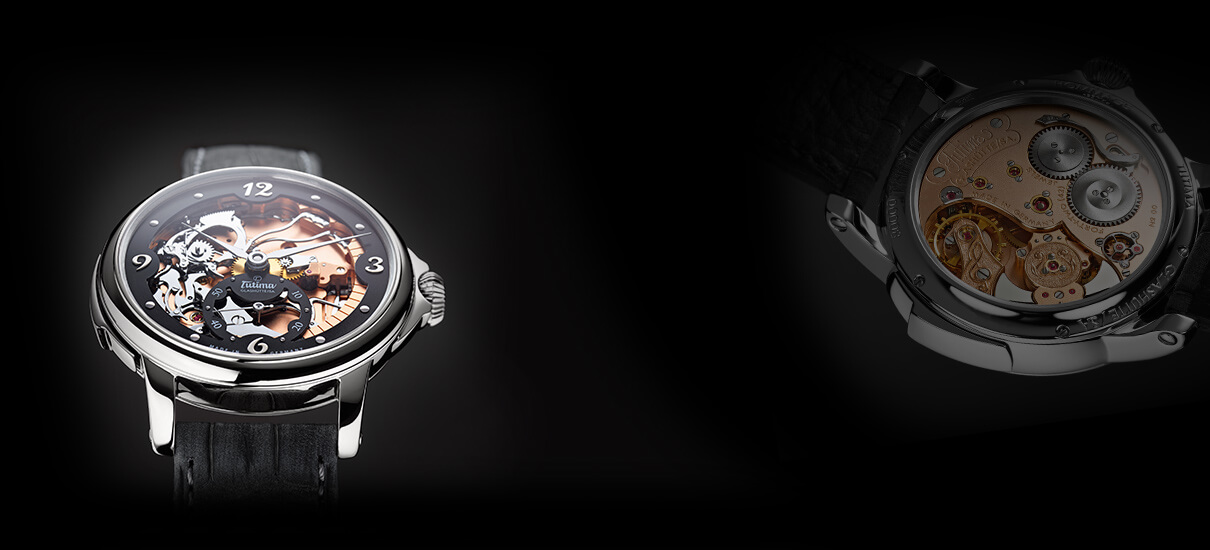



Leave a Reply
Want to join the discussion?Feel free to contribute!